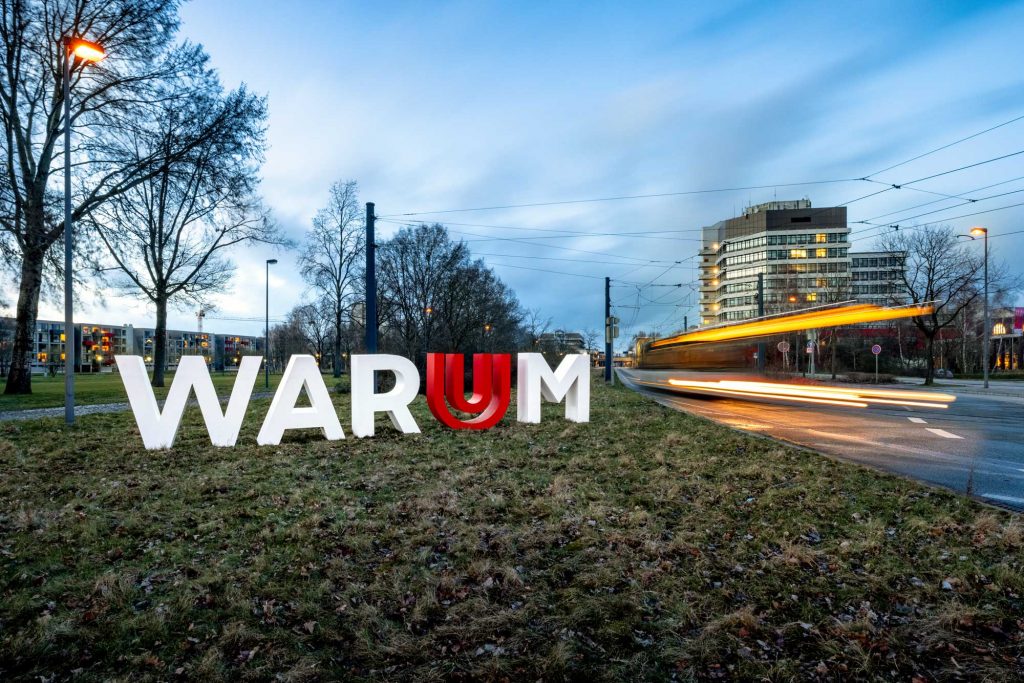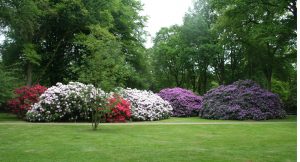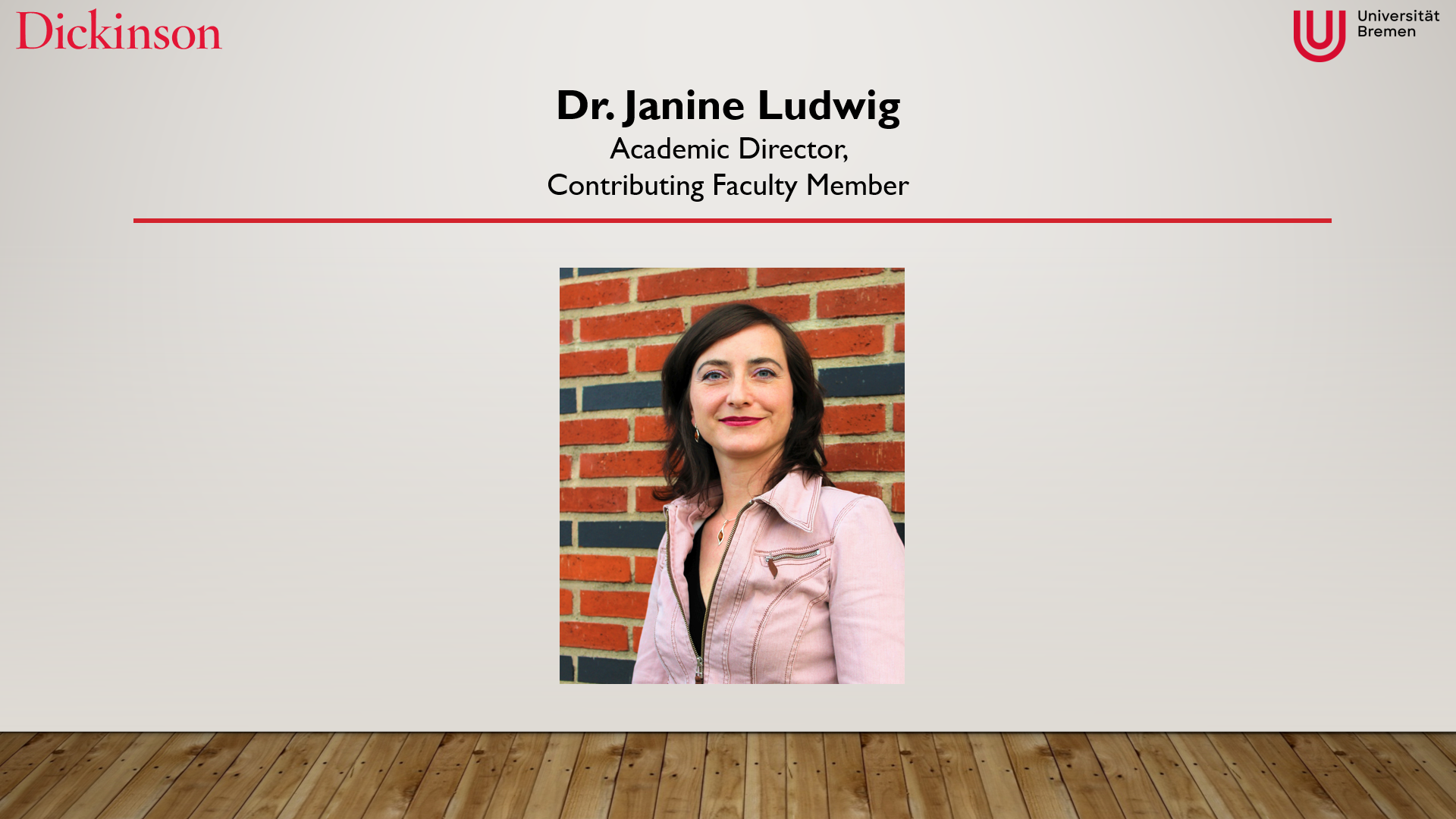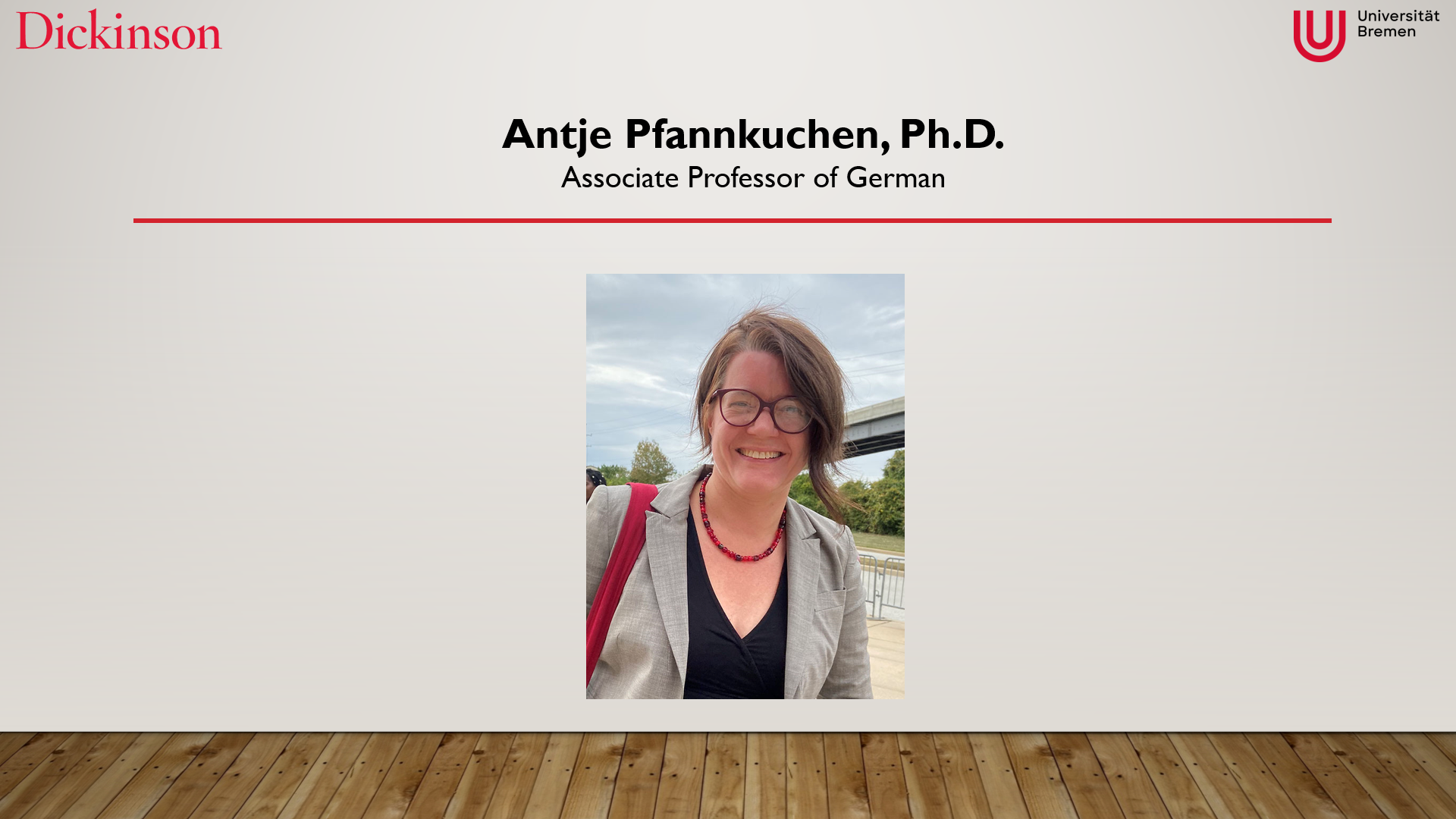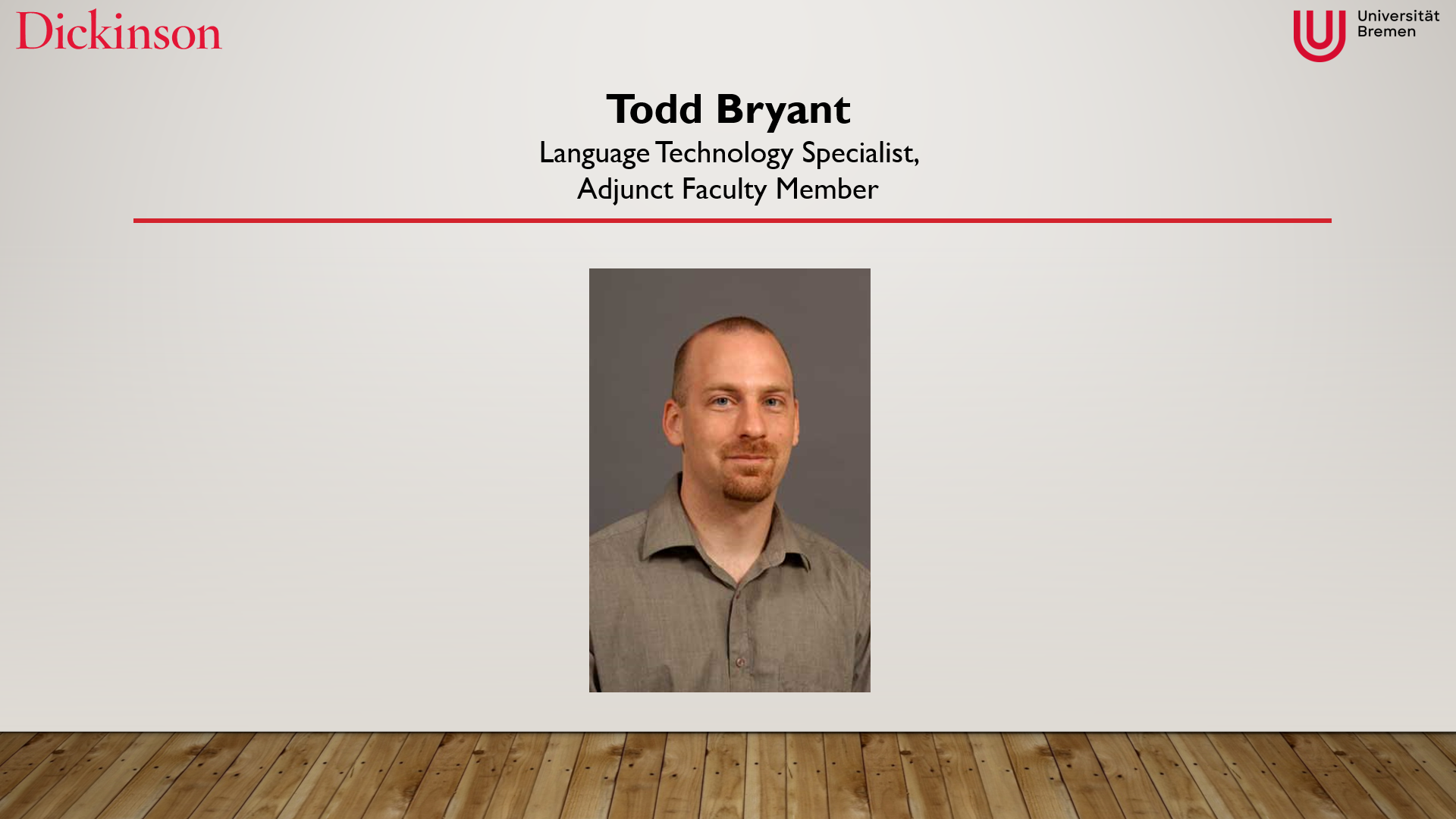This year marks the 50th birthday of the University of Bremen. To celebrate half a century of Uni Bremen, the university offers a wide range of various events throughout the year.
The “50 reasons WHY” exhibition (in German: “WARUM? DARUM.”) throughout 50 different locations in Bremen, which started in March and will close in August, displays all of the achievements of people from and with the University of Bremen as well as where the Uni is involved and how it has changed Bremen since 1971. As of October, the exhibition will be brought together in the Lower Town Hall.
The fall program involves a wide range of research and teaching topics under the headline “CAMPUS CITY” which is scheduled from October 14, 2021 – 50 years to the day after the university was founded. More information about CAMPUS CITY will follow soon.
Moreover, Uni Bremen has set up the project “#IchBinUniBremen” (in English: “#IAmUniBremen”) in order to present the ‘human side’ of the University of Bremen: 50 different individuals affiliated with the University of Bremen give personal insights into its past, present and future. The project page and its social media sites can be found here:
https://www.uni-bremen.de/en/university/profile/history-1/50years/events
https://www.instagram.com/p/CPa4TTcC-wh/
Further information about 50 Years of University of Bremen can be found here:

